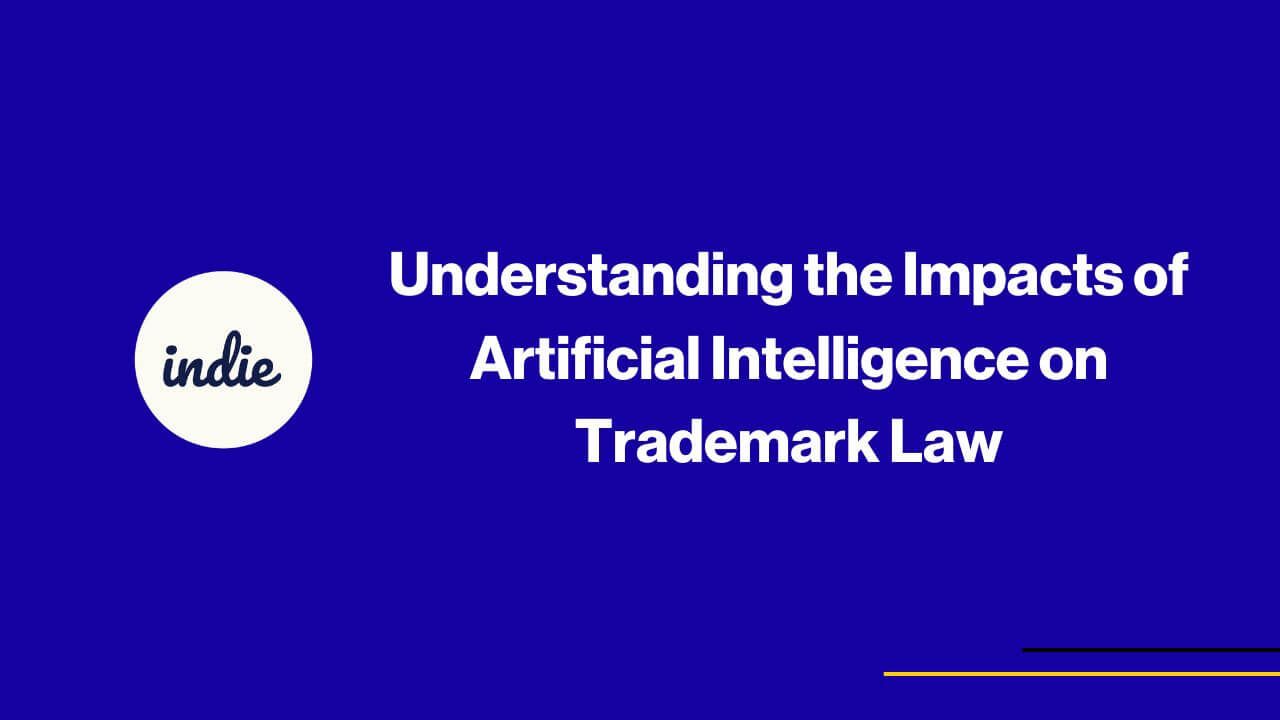The rapid advancement of artificial intelligence (AI) is reshaping many facets of our lives, and the legal landscape is no exception. One of the more nuanced areas where this transformation is evident is in trademark law. For growth-oriented entrepreneurs and small business owners, understanding how AI intersects with trademark law is crucial for safeguarding intellectual property and leveraging technology to gain competitive advantages.
The Role of AI in Trademark Law
AI technologies, particularly machine learning and natural language processing, are being increasingly integrated into trademark law practices. Here’s how:
- Trademark Search and Clearance: AI tools can quickly scan thousands of databases to check for potential trademark conflicts. This process, which used to take days or even weeks, can now be completed in a matter of hours. For instance, AI-powered platforms analyze similarities in logos, names, and other brand elements to ensure that a new trademark application won’t infringe on existing trademarks.
- Trademark Monitoring: Once a trademark is registered, it needs continuous monitoring to prevent unauthorized use. AI can automate this process by constantly scanning the market for potential infringements and alerting business owners immediately. This helps in timely enforcement actions.
- Dispute Resolution: AI can assist in resolving trademark disputes by providing comprehensive data analysis. By examining historical case law and predicting outcomes based on precedents, AI tools can guide legal professionals to make more informed decisions.
The Legal Implications of AI in Trademark Law
While AI offers numerous benefits, it also raises several legal questions and challenges that entrepreneurs and small business owners must consider:
- Accuracy and Reliability: AI systems are not infallible. Errors in data processing or biased algorithms can result in false positives or negatives during trademark searches and monitoring. This underscores the need for human oversight to validate AI findings.
- Ethical Concerns: The use of AI in legal practices raises ethical questions about accountability and transparency. Who is responsible if an AI system makes a significant error in trademark analysis? Ensuring that AI tools are used ethically and responsibly is paramount.
- Regulatory Compliance: As AI continues to evolve, so too will the regulations governing its use in the legal field. Entrepreneurs need to stay updated on emerging laws to ensure that their use of AI in trademark management is compliant with current legal standards.
Practical Steps for Entrepreneurs
For those looking to harness the power of AI in managing their trademarks, here are some actionable steps:
- Invest in Reliable AI Tools: Choose AI platforms that offer proven accuracy and reliability. Tools like TrademarkVision and Corsearch are known for their robust features in trademark search and monitoring.
- Combine AI with Human Expertise: While AI can handle many tasks, it should not replace human judgment. Use AI as a support tool while relying on legal experts for final decisions.
- Stay Educated: The legal landscape around AI is continually evolving. Staying informed about the latest developments in AI and trademark law can help you make better decisions.
- Conduct Regular Audits: Regularly audit your AI tools to ensure they are functioning accurately and ethically. This includes checking for biases in the algorithms and ensuring compliance with legal standards.
Case Study: Successful Use of AI in Trademark Law
Let’s consider a practical example. A small business named EcoBrands wanted to launch a new line of eco-friendly products. They used an AI trademark search tool to scan thousands of existing trademarks and logos. The AI identified potential conflicts that could have cost them significant legal fees and rebranding efforts. By leveraging AI, EcoBrands avoided these pitfalls and successfully launched their new product line without legal hitches.
Conclusion
The integration of AI into trademark law offers substantial benefits for entrepreneurs and small business owners, including efficiency, accuracy, and enhanced monitoring capabilities. However, it also presents challenges that require careful consideration and ethical use. By understanding these dynamics and implementing best practices, businesses can effectively protect their intellectual property and leverage AI to drive growth and innovation.
For growth-oriented entrepreneurs looking to navigate the complexities of trademark law in the AI era, staying informed and investing in reliable AI tools, while maintaining ethical standards, is the pathway to success.

